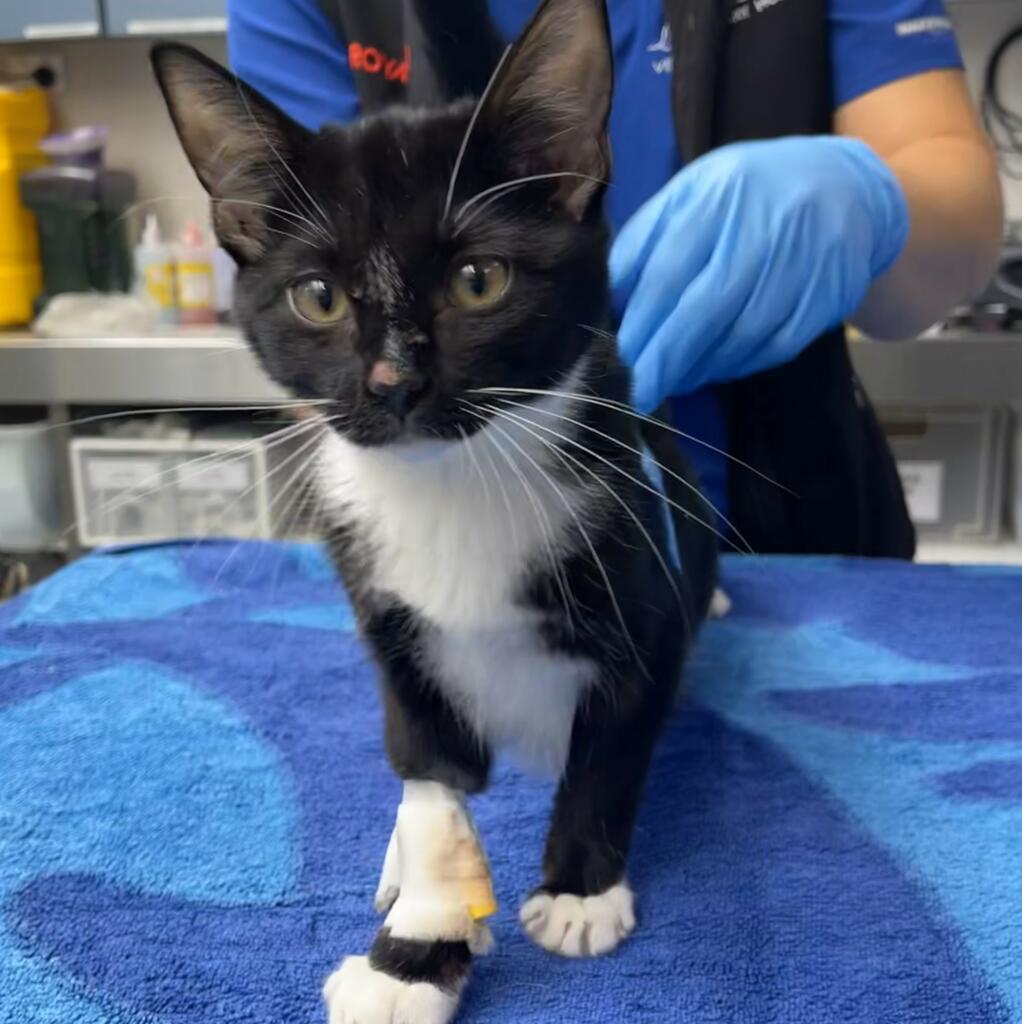Essential or core vaccines protect cats from contracting and spreading life-threatening diseases. According to the World Small Animal Veterinary Association, every cat should receive the essential vaccinations regardless of age, environment or breed. These core vaccines , which are contained in the F3, protect your cat from the main viruses that cause cat flu and feline enteritis. These are parvovirus/panleukopaenia, calicivirus and herpesvirus. We recommend all cats receive this vaccine at a minimum, unless specific medical issues contraindicate vaccinations.
There are also non-core vaccinations available such as Feline Immunodeficiency Virus, Chlamydia and Feline Leukaemia. The requirement for these depend on your cat’s environment and their lifestyle. For an example an outside cat who is prone to fighting could benefit from the FIV vaccine. We will assess your cats’ routines and discuss requirements for these vaccines with you during your appointment.
Kittens should receive their first vaccine from 6 to 8 weeks of age, then every 4 weeks until they’re 16 weeks or older. We recommend cats receive annual boosters to ensure that immunity is maintained. Adverse affects from vaccinations are rare, with mild transient lethargy or fever being the most common side affect.
If you have any questions or wish to schedule essential cat or kitten vaccinations, please don’t hesitate to contact us.

